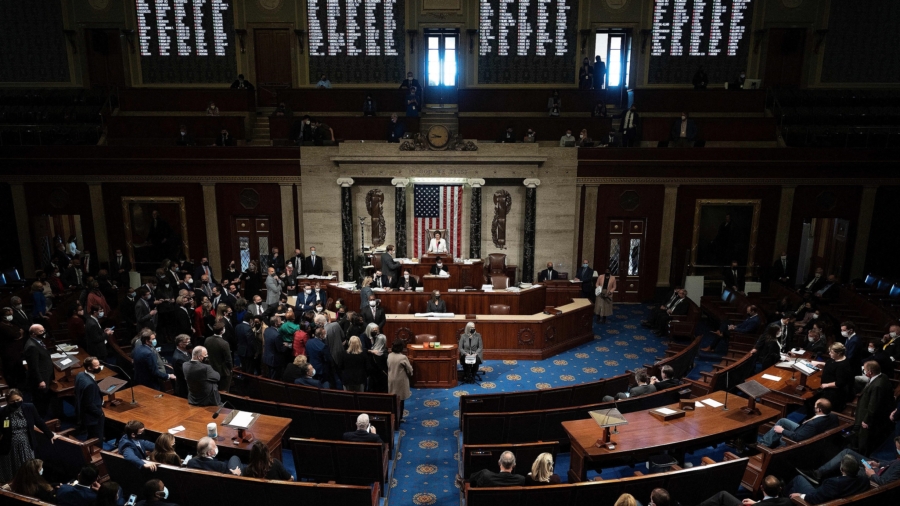A Republican was elected as Guam’s U.S. House delegate for the first time in decades, according to the Guam Election Commission on Tuesday.
In the race for Guam’s non-voting House delegate, Republican James Moylan defeated Democrat Judith Won Pat 17,075 votes to 15,427 votes, according to data provided by the island territory.
Moylan is the first Republican to be elected as Guam’s delegate in about 30 years. Guam, which is 15 hours ahead of the East Coast, has sent only Democrats to the House since 1993.
Moylan is also only the second Republican to ever serve as Guam’s delegate. That seat was created by Congress in 1972.
Some political commentators wrote on Twitter that it’s evidence a U.S.-wide “red wave” is brewing. However, Democrats won the governor’s race and retained control of the island territory’s legislature.
Democrat Gov. Lou Leon Guerrero won reelection over Republican former Gov. Felix Camacho, according to the Guam Election Commission. And Democrats have retained control of the legislature by expanding their majority to nine seats as opposed to six held by Republicans.
Currently, other than Guam, there are four House delegates representing the District of Columbia, the U.S. Virgin Islands, American Samoa, and the Commonwealth of the Northern Mariana Islands.
Delegates cannot vote on the House floor, although they’re able to introduce bills and make amendments to bills. Delegates are unable to vote on the final passage of legislation, although they can vote on them in separate committees, according to the U.S. House website.
Heading into Tuesday, nearly 44.5 million people across the United States had already cast ballots.
The Justice Department said it was sending monitors to 24 states to ensure compliance with federal voting rights laws. Republican election officials in some states have tried to block the monitors from coming inside polling places. In some counties in Florida and Missouri, the Justice Department said the monitors would be outside the polling places.
The Associated Press contributed to this report.
From The Epoch Times

